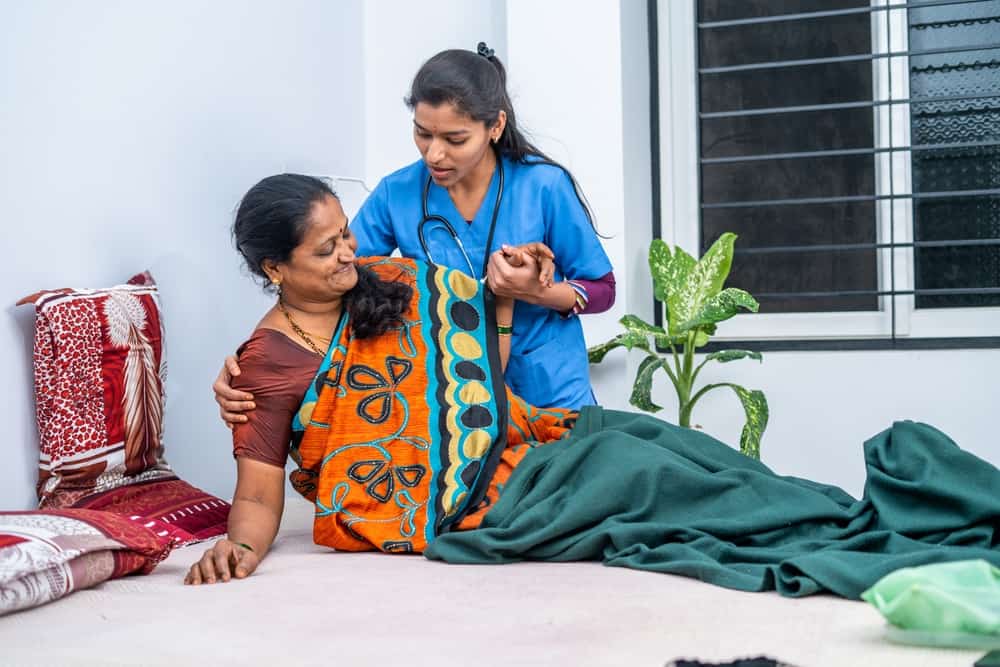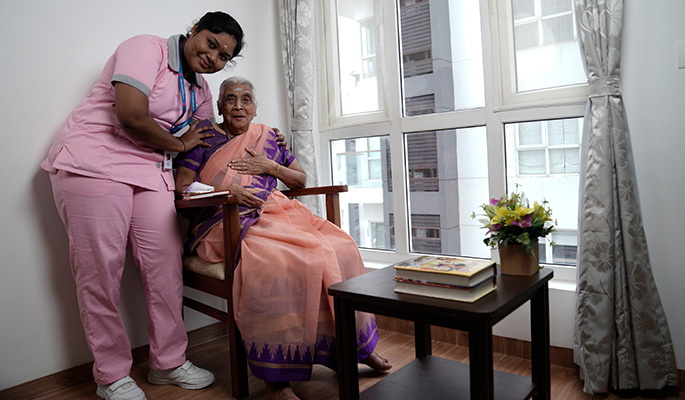In Bangladesh, the population of seniors is steadily increasing due to advancements in healthcare and a demographic shift towards an aging population. As families grapple with the challenges of caring for their elderly loved ones, respite care has emerged as a crucial solution to provide support and relief to both seniors and their caregivers.
Respite care offers temporary relief to primary caregivers by providing professional care for seniors in a safe and nurturing environment. This service not only benefits caregivers by allowing them time to rest and attend to their own needs but also enhances the overall well-being of seniors through social interaction and specialized care.
One of the key advantages of respite care is its ability to cater to the diverse needs of seniors. Whether individuals require assistance with activities of daily living, medication management, or specialized medical care, respite care facilities in Bangladesh offer personalized services tailored to meet the unique needs of each senior. Additionally, these facilities often provide engaging activities and social programs designed to promote mental stimulation and socialization, which are essential for maintaining cognitive function and emotional well-being in seniors.
Moreover, respite care plays a vital role in preventing caregiver burnout, a common phenomenon among individuals responsible for the continuous care of seniors. By offering caregivers a much-needed break, respite care reduces stress levels and helps them recharge, ultimately improving the quality of care they can provide to their loved ones in the long term.
However, despite its numerous benefits, access to respite care remains limited in Bangladesh due to various factors, including lack of awareness, affordability concerns, and shortage of trained professionals. To address these challenges, concerted efforts are needed to raise awareness about the importance of respite care, increase funding for respite care programs, and invest in training programs to expand the pool of qualified caregivers.
In conclusion, respite care holds immense potential to support seniors and their caregivers in Bangladesh. By investing in respite care services and infrastructure, policymakers and healthcare providers can ensure that seniors receive the quality care and support they deserve while alleviating the burden on family caregivers. It is imperative to prioritize the expansion and accessibility of respite care to meet the evolving needs of Bangladesh’s aging population.





